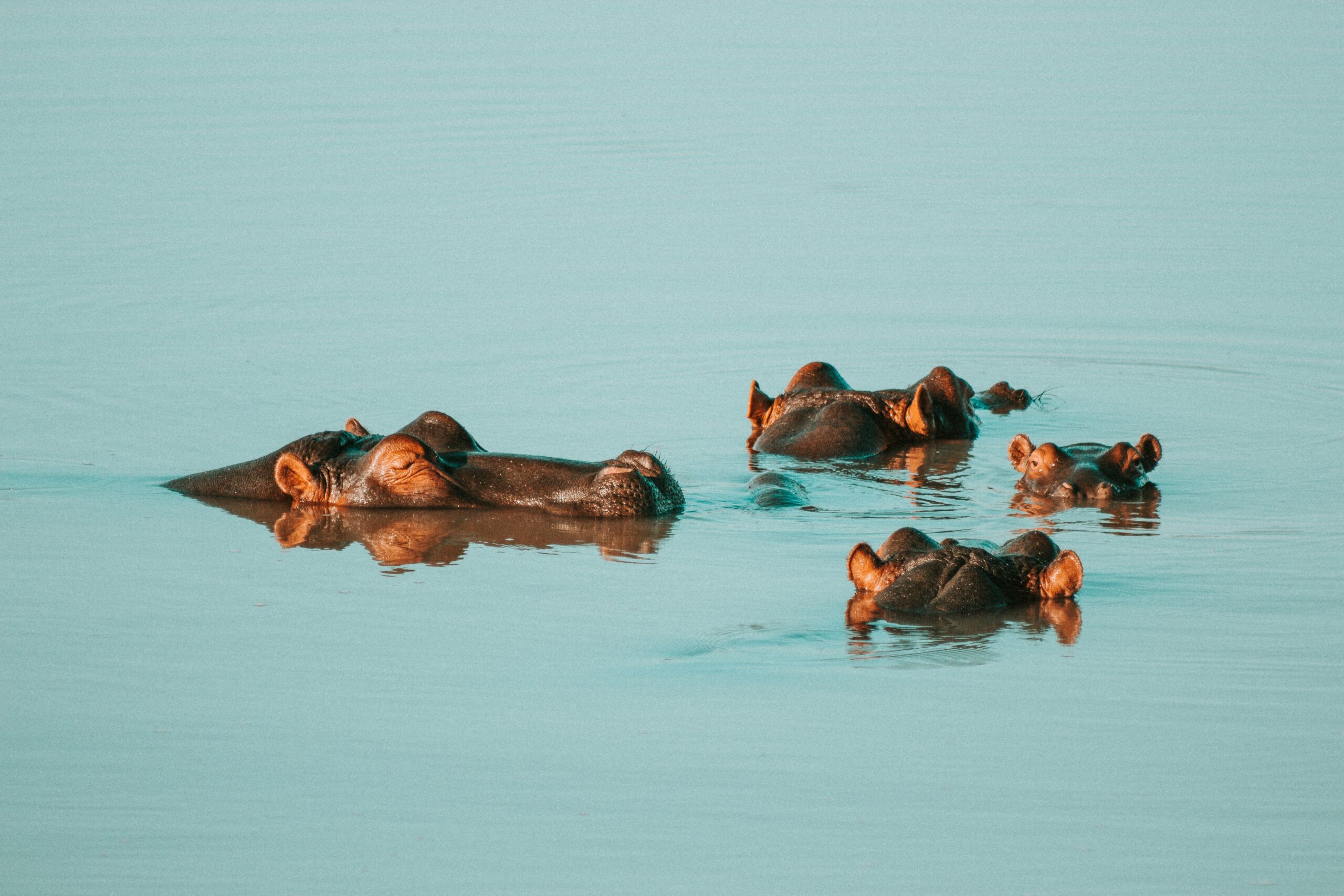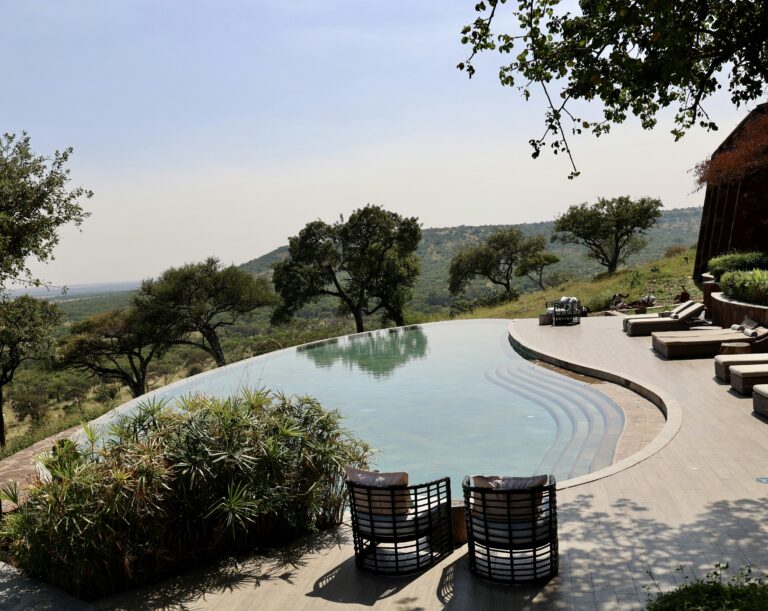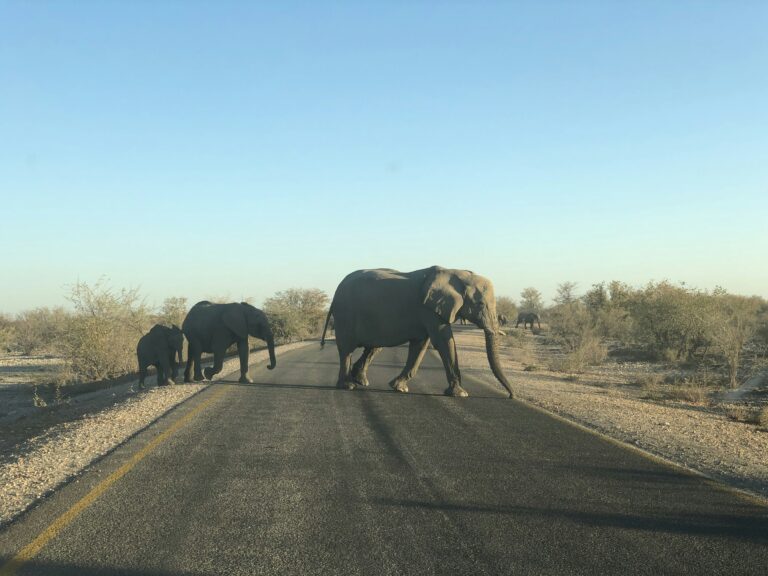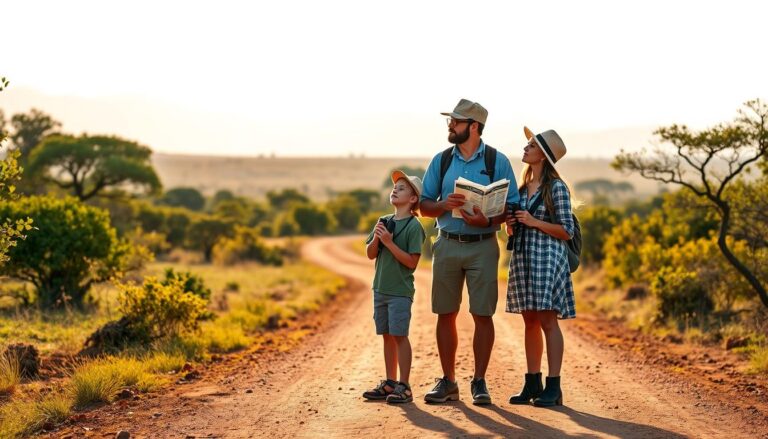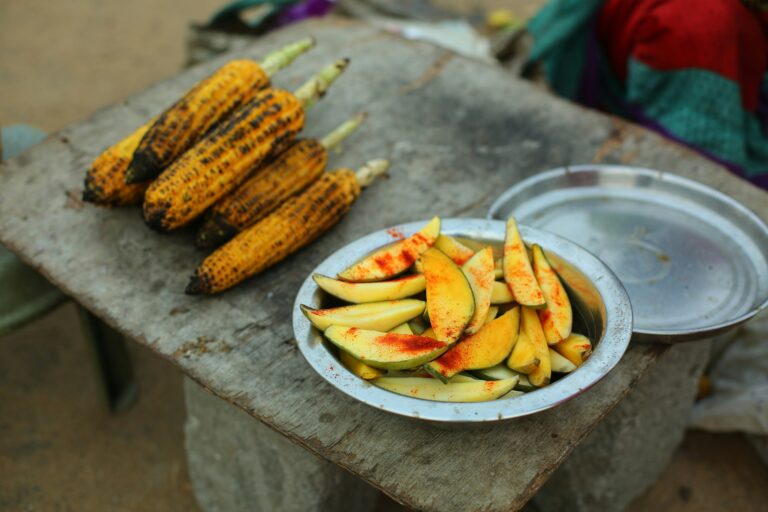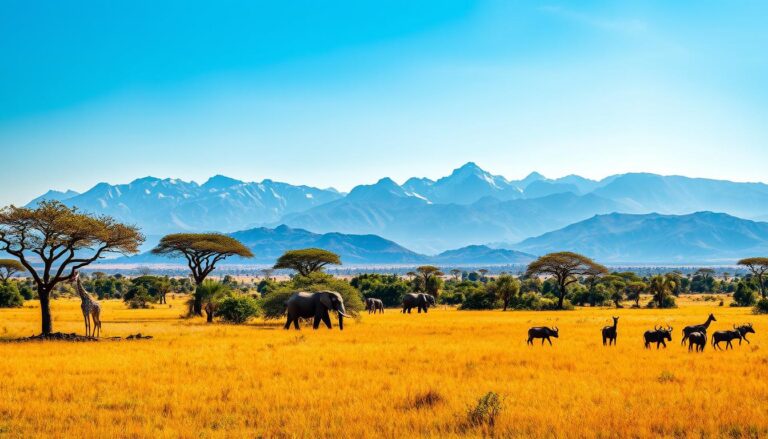Tips for First-Time Safari Goers: Planning Your Safari in Africa
Safari in Africa offers an exciting journey through some of the world’s most diverse and vibrant ecosystems, making it a truly unforgettable wildlife experience.
Did you know that Africa is where you can find the Big Five? These are the lion, leopard, rhinoceros, elephant, and Cape buffalo. Planning your African safari is key to a great trip.
Choosing the right safari tour packages and place is vital. With these tips, you’re set for an amazing adventure.
Planning Your First African Safari
Going on your first African safari is an exciting adventure. It needs careful planning to make it memorable. You should think about when to book and how much to budget.
When to Book Your Safari
Booking your safari at the right time is important. You want to make sure you get the best safari lodges and tours. It’s best to book 6 to 12 months in advance, during peak season.
Waiting until the last minute can cost more and limit your choices. So, plan early to avoid stress.
Choosing the Right Season for Wildlife Viewing
The time you go on your safari affects what you see. Each season offers different chances to see animals. For example, the Great Migration in the Serengeti is best from July to September.
Knowing the seasonal patterns of your destination makes your safari better.
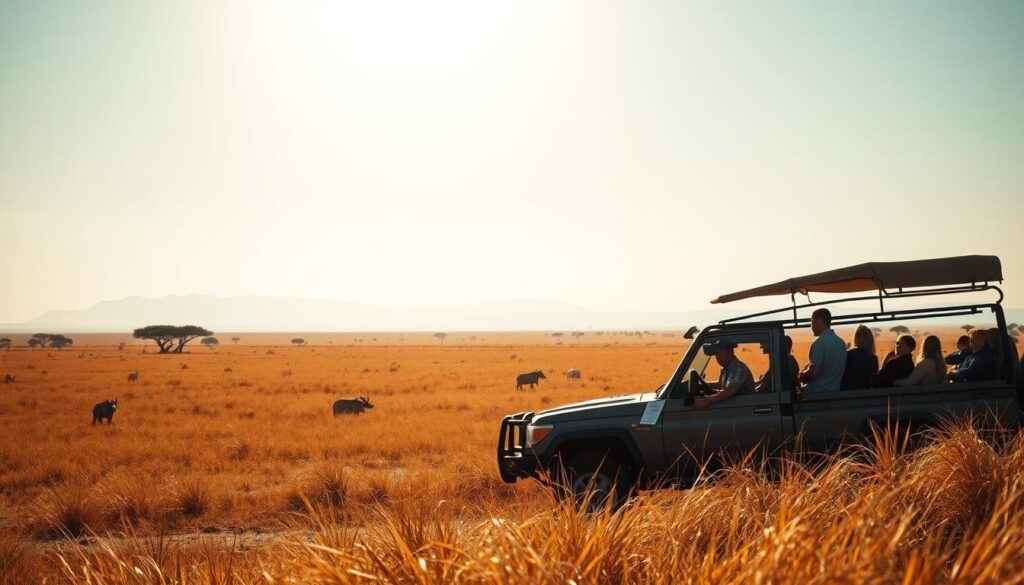
Setting a Realistic Budget for Your Adventure
Having a realistic budget is key for a great safari. Prices vary, depending on whether you choose a luxury safari or something more affordable. Think about all costs, including safari vacation deals for accommodations, meals, and activities.
Deciding your budget early helps you choose the right safari lodges and tours.
Selecting the Perfect Safari in Africa Destination
Choosing the right safari destination in Africa is key for an amazing trip. Africa has many safari options for different interests and preferences.
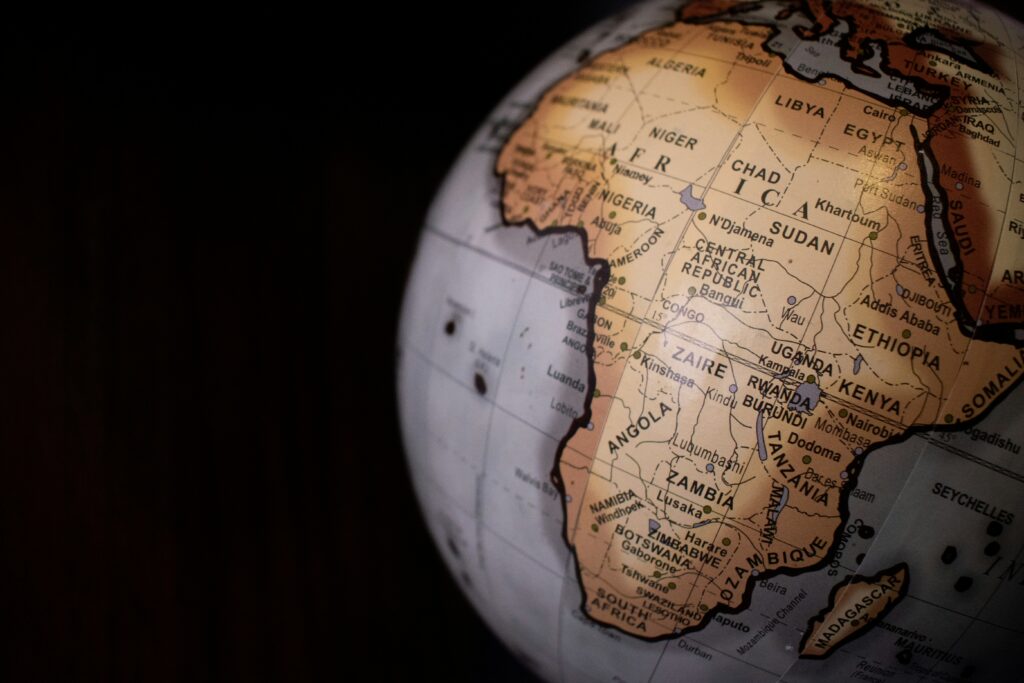
East Africa vs. Southern Africa
Deciding between East Africa and Southern Africa depends on what you want to see. East Africa is famous for its vast savannas and the Great Migration. Countries like Kenya and Tanzania offer top wildlife viewing in places like the Maasai Mara and Serengeti.
Southern Africa has a variety of habitats, from the Okavango Delta to the Kalahari Desert. South Africa, Namibia, and Botswana are known for unique safari experiences, like night drives and walking safaris.
Popular Countries for First-Time Safaris
Some countries are great for first-time safari-goers because of their easy access, good infrastructure, and lots of wildlife.
- Kenya: Known for its iconic national parks like the Maasai Mara, Kenya offers a classic safari experience.
- Tanzania: Home to the Serengeti and Ngorongoro Crater, Tanzania is a must-visit for witnessing the Great Migration.
- South Africa: With numerous world-class game reserves, including Kruger National Park, South Africa is ideal for a first-time safari.
National Parks and Game Reserves Worth Considering
Africa has incredible national parks and game reserves, each with its own unique safari experience.
- Maasai Mara National Reserve in Kenya is famous for its high concentration of predators and the annual wildebeest migration.
- Serengeti National Park in Tanzania is known for its vast plains and the Great Migration.
- Kruger National Park in South Africa is one of Africa’s largest game reserves, with diverse wildlife and safari experiences.
When planning your safari, think about what you want to see and experience. Whether it’s the Great Migration, the Big Five, or just enjoying the African wilderness, there’s a perfect safari for you.
Types of Safari Experiences
Africa has many safari experiences for different interests and travel styles. You can choose from guided tours, luxurious getaways, or adventurous self-drive trips. There’s a safari for everyone.
Guided Group Safaris and Tour Packages
Many travelers prefer guided group safaris to see Africa’s wildlife. These tours are led by experienced guides. They share valuable insights into animals, habitats, and ecosystems.
Guided group safaris also include pre-arranged accommodations and meals. This makes planning easier.
Benefits of Guided Tours:
- Expert guidance and knowledge sharing
- Pre-arranged logistics for convenience
- Opportunities to meet fellow travelers
Private and Luxury Safari Options
Private and luxury safaris offer a more personalized and luxurious experience. They include high-end accommodations, private guides, and tailored itineraries. Luxury safaris also offer unique experiences like private game drives and bush dinners.
Luxury safari highlights:
| Luxury Feature | Description | Benefit |
|---|---|---|
| Private Guides | Personalized guidance throughout the safari | Enhanced wildlife viewing experience |
| Luxury Accommodations | High-end lodges and tented camps | Comfort and relaxation after game drives |
| Tailored Itineraries | Customized plans based on individual interests | Flexibility to explore at your own pace |
Self-Drive Adventures
Self-drive safaris are for the adventurous. They let you explore Africa’s wildlife at your own pace. This option requires planning, including renting a suitable vehicle and booking accommodations in advance. Self-drive safaris are cost-effective and flexible.
Tips for Self-Drive Safaris:
- Research and plan your route and accommodations in advance
- Ensure your vehicle is suitable for off-road driving
- Bring necessary safety equipment and emergency supplies
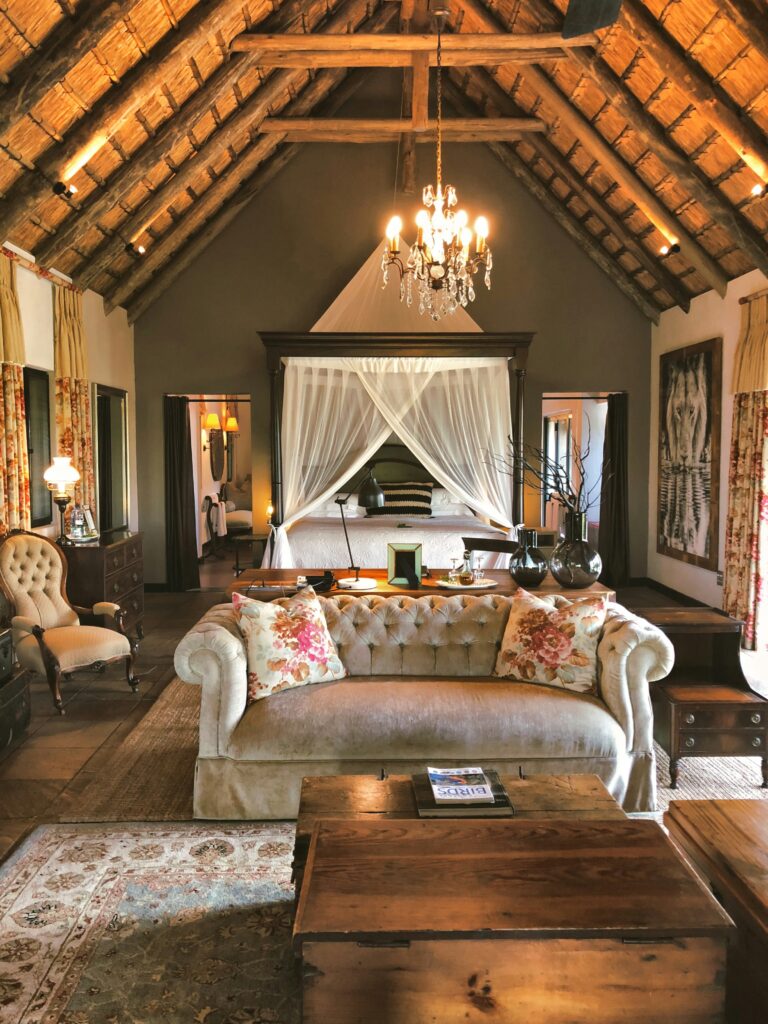
Safari Accommodation Options
Africa has many places to stay, from fancy lodges to simple tents and budget spots. The place you choose can make your African safari better. You might want luxury, adventure, or something simple.
Luxury Safari Lodges
Luxury lodges offer a top-notch stay with fancy dining, spas, and tours. They have stylish rooms, pools, and views of wildlife. These are great for those who want comfort and personal service on their safari in Africa.
Tented Camps and Bush Experiences
Tented camps and bush stays let you feel close to nature. They range from simple to fancy, with bathrooms and dining under the stars. They’re a special way to see the African wild while enjoying some comforts.
Budget-Friendly Alternatives
Even on a tight budget, you can have a great African safari. Options include self-catering lodges, hostels, and camping. These offer a basic but memorable experience and a chance to meet others. For budget African safaris, these are affordable and fun.
When picking your safari tour packages, think about what you want. Whether it’s luxury, adventure, or simplicity, Africa has something for everyone. Your safari will be unforgettable, no matter where you stay.
Essential Packing List for Your African Safari
To have a great safari adventure, packing right is key. The right gear makes a big difference. It helps you enjoy the wildlife safari and relax at your safari lodges.
Clothing and Footwear
Choosing the right clothes and shoes is important for a safari adventure. Think about the weather and what you’ll do. Here are some must-haves:
- Light, breathable clothes in neutral colors to blend in
- Sturdy, comfy shoes for walking and game drives
- Warm layers for cooler times
- Rain gear, like a waterproof jacket and pants
- A hat, sunglasses, and sunscreen for sun protection
Photography Equipment
To capture the beauty of the wildlife safari and best safaris in Africa, you need the right camera gear. Bring:
- A DSLR camera or a high-quality mirrorless camera
- Telephoto lenses (at least 200mm) for wildlife shots
- A tripod for stable camera shots
- Extra batteries and memory cards
- A camera cleaning kit to keep your gear clean
Health and Safety Items
Your health and safety are top priority on a safari adventure. Make sure to pack:
- Personal meds and a first-aid kit
- Insect repellent to keep mosquitoes away
- Sun protection, like sunscreen, a hat, and sunglasses
- A water bottle or hydration pack to stay hydrated
- A personal locator beacon (PLB) or satellite phone for remote areas
By thinking about what to pack, you can have a safe, fun, and memorable time at the safari lodges and on your wildlife safari trips.
Health Preparations and Vaccinations
Getting ready for a African safari experience means more than just packing clothes. It’s about being healthy and safe. This makes your trip better and more memorable.
Vaccinations for a Safe Safari
Before you go on your guided safari experiences in Africa, get the right vaccinations. The shots you need depend on where you’re going, when, and your health.
- Yellow Fever Vaccination: You might need this for certain parts of Africa, where yellow fever is a risk.
- Hepatitis A and B: These are good for all travelers to Africa because of food and water risks.
- Typhoid: Most travelers should get this, mainly in areas with bad sanitation.
- Rabies: This is for those who will be outdoors a lot or touch animals.
Malaria Prevention Strategies
Malaria is a big worry in many African places. To stay safe, use medicine and avoid mosquitoes. Your luxury safaris in Africa guide can help with this.
| Prevention Method | Description | Effectiveness |
|---|---|---|
| Malaria Prophylaxis Medication | Medication taken before, during, and after travel to prevent malaria | High |
| Insect Repellent | Using DEET or picaridin-based repellents on skin and clothing | High |
| Long-Sleeved Clothing and Pants | Wearing protective clothing to cover skin | Moderate |
| Mosquito Nets | Using nets around beds or when outdoors at dawn and dusk | High |
Travel Insurance Considerations
For wildlife safaris africa, good travel insurance is key. It should cover medical issues, trip cancellations, and evacuations. Make sure it includes safari activities like game drives.
By focusing on health, you’re set for a great African safari tour. Always talk to a doctor to make sure you’re ready for your trip.
Safari Etiquette and Wildlife Viewing Tips
A successful safari depends on knowing and following the right rules. This includes respecting wildlife and local communities. Whether it’s a family-friendly safari or a budget African safari, following these guidelines is key. It makes sure everyone has a safe and fun time.
Respecting Wildlife and Their Habitat
It’s important to keep a safe distance from animals. Using safari vehicles helps, but remember to stay inside. Never feed or disturb the animals. Also, try to keep quiet to avoid scaring them.
Safari Vehicle Behavior and Safety
Always stay in the vehicle during a game drive, unless your guide tells you to get out. Being quiet and following your guide’s directions is important. It helps keep the wildlife calm and makes the trip safer for everyone.
| Safety Guidelines | Best Practices |
|---|---|
| Stay within the vehicle | Follow guide instructions |
| Keep noise levels down | Avoid sudden movements |
Interacting with Local Communities
Many safari lodges in Africa are near local communities. This offers a chance to learn about different cultures. It’s important to be respectful and considerate when meeting locals. Dress modestly, respect local customs, and talk to community members with kindness.
By following these tips, visitors can help the local economy. They also build a strong connection with the communities they meet on their safari in Africa.
Photography Tips for Capturing Your Safari Experience
An African safari is a great chance to take amazing wildlife photos. With the right skills and knowledge of your camera, you can share your wildlife safari story through pictures.
Camera Settings for Wildlife Photography
Knowing your camera settings is key for top-notch photos on your safari tour packages. Begin by setting your shutter speed high to freeze animal movement. A good starting point is around 1/1000th of a second.
Choose a wide aperture (like f/2.8 or f/4) for a shallow depth of field. This makes your subject pop against the background. For the best light, shoot during the golden hour—early morning or late afternoon.
Composition Techniques for Safari Shots
Good composition is vital for stunning photos on your African safari. Use the rule of thirds by dividing your frame into thirds. Place your subject along these lines or at their intersections.
Try different angles and heights. Get low or climb high to add variety. Also, keep the background simple to avoid distractions.
Ethical Wildlife Photography Practices
When taking photos on your wildlife safari, follow ethical photography. Keep a safe distance from animals to not disturb them. Never bait or lure animals for a photo, as it changes their natural behavior.
Be patient and wait for the perfect shot. Respect the animals’ space and follow your safari guides’ advice. This way, you’ll get great photos and help with best safaris in Africa conservation.
By using your technical skills, creativity, and ethics, you’ll capture the essence of your safari. You’ll make memories that last a lifetime.
What to Expect on a Typical Safari Day
Getting ready for your African safari tours means knowing the daily plan. A safari day mixes fun, rest, and getting close to nature.
Daily Schedule and Game Drives
Your safari day starts early, around 6:00 AM. The morning game drive is key, when animals are most active. Your guide will show you the local wildlife and share secrets of the area.
After the drive, you’ll have breakfast at your lodge. Then, you can relax or try activities like swimming or reading.
Meals and Downtime at Your Lodge
Meals on safari are more than food; they’re part of the adventure. Lunch is often a picnic in a beautiful spot. Dinner at the lodge lets you share your day’s stories.
Relaxing at the lodge is great. You can enjoy spas, pools, and lounging areas to unwind.
Night Safaris and Special Activities
For more thrill, some safaris offer luxury safaris in Africa with night drives. These drives let you see animals at night under the stars.
Other special activities include visiting local communities, walking safaris, or hot air balloon rides. These add depth to your safari, making it unforgettable.
Whether you’re looking at safari vacation deals or luxury options, knowing what to expect makes your trip better. Safaris offer adventure, rest, and a deep connection with nature, unlike any other experience.
Conclusion: Making Memories on Your First African Safari
Going on an African safari is a once-in-a-lifetime experience. It’s filled with unforgettable moments and memories. By planning well, picking the right place, and getting ready, you can have a safe and fun trip.
A luxury safari or a guided tour at a famous safari lodge can make your trip even better. You’ll get to see the African wilderness and its amazing animals up close. Whether you’re in East Africa’s savannas or Southern Africa’s game reserves, your safari will be an adventure you’ll always remember.
Now that you have these tips, you can start planning your safari in Africa. From choosing the best safari spot to knowing the safari rules, you’re on your way to making unforgettable memories in Africa’s wild.

